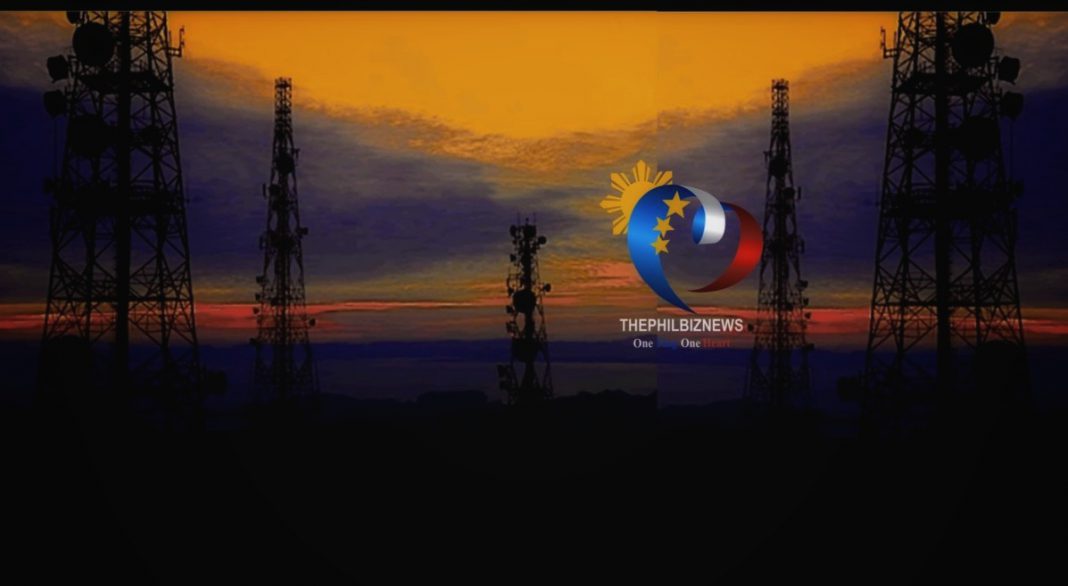The lone winner in the Philippines’ third telco, Mislatel Consortium is committing to build 10,000 cell sites in the time frame of 7 years and they expressed confidence in their commitment because of their strong partnership with various stakeholders in the telco industry.
While many doubt the seriousness of the winning 3rd major telco on their capability of putting the 10 thousand cell sites in 7 years considering that the telecommunication industry is a very capital and technology intensive.
In a television interview, Mislatel spokesperson Adel Tamano said, “We already have quite a number of memorandums of agreement and understanding with our partners who will help us in our role. This would pave way in providing consumers better quality of communication services.”
“But we admit that we cannot do this without help from our partners, including the LGUs (local government units) and national government; with the proper policies, we can be able to have a good rollout and the benefit would be faster, better and cheaper Internet and telecom services,” he added.
The good thing is, Mislatel is also willing to share their cell tower facilities with its competitors PLDT and Globe Telecom to improve the delivery of Internet and other telco services in the country.
“For example, if they let us use their towers, that’s a revenue for them. We will be bringing in technology and when we also go about with our rollout perhaps if they let us use their towers, we will also let them use ours and that provides a win-win situation” he added.
The move of Mislatel to build more cell sites would promote further competition in the industry, according to the company official.
Meanwhile, DICT Secretary Eliseo Rio explained to The Philippine Business and News the reality in our telecom industry in the country.
In a text message sent, the DICT Chief said, “Globe and Smart are now the dominant players because only they have foreign partners. Globe partnered with Singtel, while Smart/PLDT partnered with Japan NTT. All other telcos have none. They remain small players or have sold themselves to Globe and Smart like Digitel, Bayantel, Liberty, etc.”
He further explained by explaining why the third telco also needs a foreign partner by saying, “The third telco must be able to compete with the duopoly and now they are partnering with ChinaTel. So actually we have now three choices of foreign telcos, Singtel, NTT and ChinaTel. We must accept the fact that no local telcos can give us the services that these three can. Telecommunication is a very capital and technology intensive industry and other countries are more advanced than us because they allow foreign ownership more than the 40% that our laws allow.”
Rio also said that the Department of Information and Communications Technology (DICT) is in the process of developing a policy that will allow the establishment of tower companies that will build and deploy cell sites and other facilities that will be leased to telco firms for the delivery of services to consumers.
All the stakeholders in the industry are unanimous that by allowing the entry of more providers it would promote competition and will eventually benefit consumers through improved communication services.
However, the current draft common tower policy guidelines, being pushed by Presidential Adviser for Information and Communications Technology Ramon Jacinto, provides for only two companies to be accredited by the DICT to build and share their towers for the use of telcos.
But the DICT Chief who is topnotch Electronic Communications Engineer who specialized in satellite communications and missile guidance technology, and a former military officer who was on top of the AFP communications, electronic and information service said the guidelines might lead to “anti-competitive” and “monopolistic” behavior in the industry.
Even Senator Grace Poe supports the stand of Rio that the country needed as much towers available to improve signal quality and reliability.
Right now, Philippines has only 16,000 cell sites with 67 million Internet users that makes the internet slow and at the same time very costly compared with the ASEAN neighbors.
Read related stories:
Duterte’s wish, no TRO for 3rd Telco
https://thephilbiznews.com/2019/01/07/dutertes-wish-no-tro-for-3rd-telco/
Senator Poe urges government to act cohesively on telco duopoly
https://thephilbiznews.com/2019/01/07/senator-poe-urges-government-to-act-cohesively-on-telco-duopoly/
DICT Chief sees no hitch in selection of 3rd telco player on Nov. 7
https://thephilbiznews.com/2018/10/30/dict-chief-sees-no-hitch-in-selection-of-3rd-telco-player-on-nov-7/














